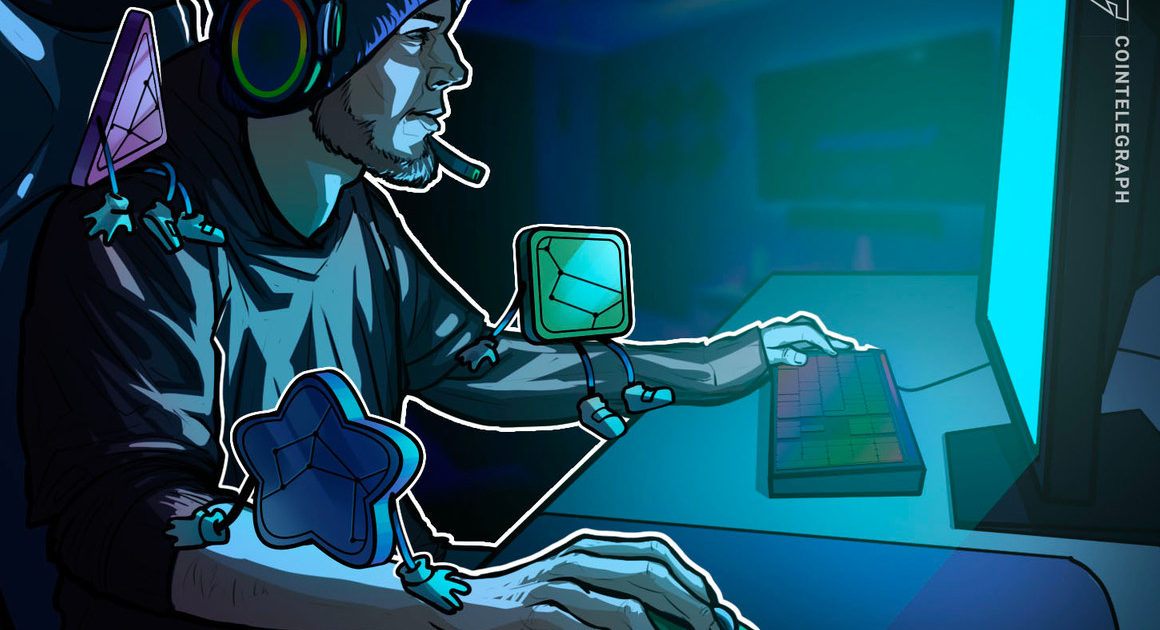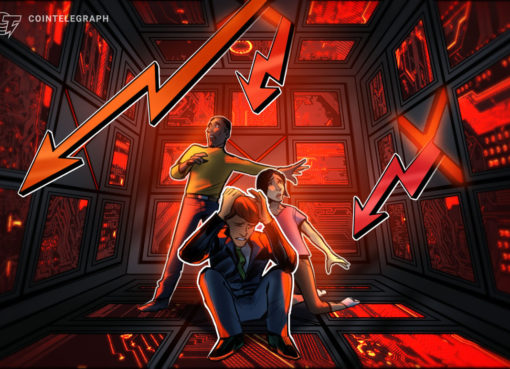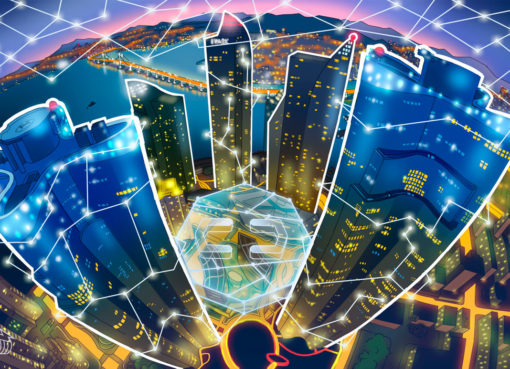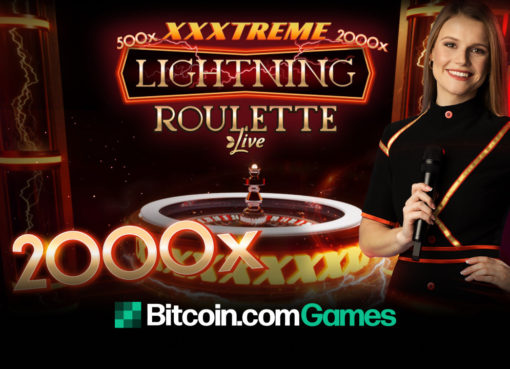Crypto research firm Delphi Digital has outlined possible ways in which gamers may accept nonfungible tokens (NFTs) as part of their gameplay experience, such as using the tech for additional aspects that don’t impact the core experience.
The lengthy report was published by Delphi Digital on Wednesday and explores how NFTs can be incorporated into games without impacting the core gaming experience or “true competitive play” that gamers tend to value.
The report argues that if monetization and NFT elements can be incorporated correctly, gamers might not be so staunchly against the idea:
“If untamed, money will always trend towards the dominant motivator. As such, the first port of call is to separate out the market games from the core game loop itself.”
Delphi Digital outlined that a way to do this could be for a game to provide a core free-to-play experience for anyone to enjoy while utilizing NFTs for optional experiences such as tickets to tournaments, new character skins, side games and competition rewards.
The firm explained that this would allow those who are using the game for its monetization purposes to prosper, while those there for enjoyment can play without being forced to buy NFTs, or struggle to compete with top-spenders within the gaming marketplaces.
“Nobody is tricked into playing the other’s game,” the report noted.
The report also went on to argue that the “more people care about the game,” the more likely they are to spend money on it, suggesting that the core gaming experience needs to be meaningful enough to make hesitant gamers even consider purchasing an in-game NFT:
“In theory, the more people care about the game, the more gets spent directly on metagames. By maximizing meaning generation and competition in the core game, we are able to maximize revenues through peripheral monetization around it.”
Gamer hate
The report addresses the dislike of crypto games from the traditional gaming community by noting that there is “validity to many of the critiques” that have surfaced.
In particular, Delphi Digital highlighted that much of the hostility toward crypto appears to stem from the negative implications that monetization has had on traditional gaming, such as developers purposely limiting functionality to push users to spend more money to get the full experience:
“Parts of the traditional gaming industry have skewed towards aggressive monetization practices that are sometimes detrimental to the player’s experience.”
“As such, when gamers see the need to purchase NFTs to play with early crypto games, or large publishers announce plans to build in this sector, they assume it’s another money grabbing attempt and shy away from it,” the report added.
Related: Mojang Studios bans Minecraft NFT integrations
Delphi emphasized that this “isn’t to say that all forms of monetization are bad,” but crypto or not, it needs to be done in ways that don’t negatively impact the game.
Commenting on the current state of crypto gaming, the report also notes that the sector has so far seen the monetary components of the game’s trend toward the “dominant motivator” for users. As a result, it argues that the actual gaming quality has suffered while whales have been able to dominate most games for speculative purposes:
“The gameplay of these early titles has suffered on two fronts: 1) the primary incentive of the bulk of the player base is the expectation of financial reward rather than play and 2) the core competitive circuit has been subject to pay-to-win mechanics as whales can spend their way to success.”




